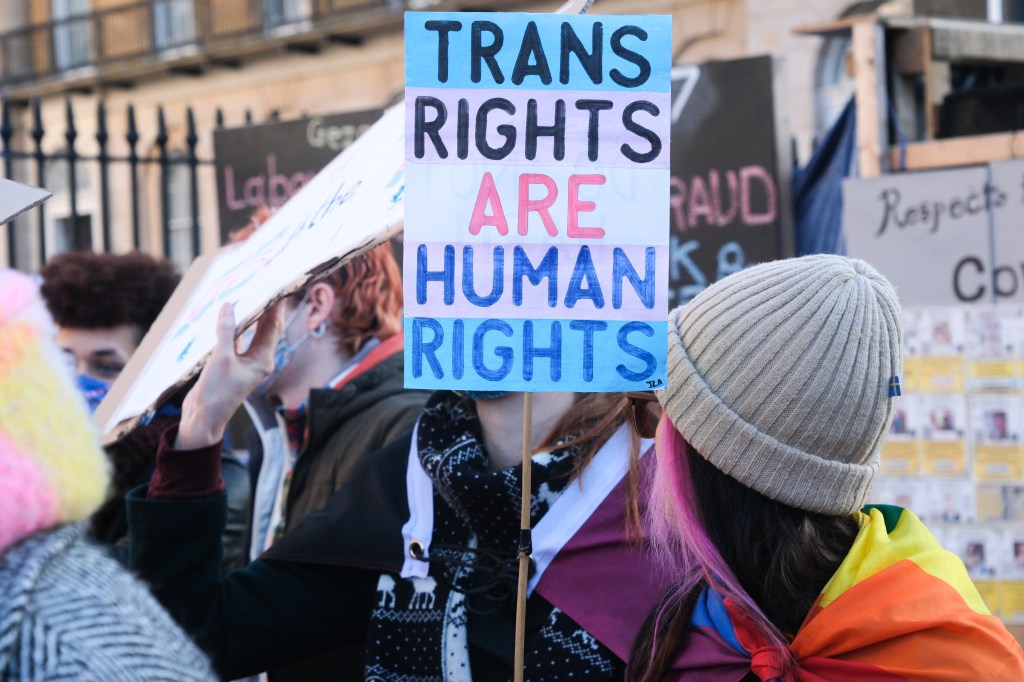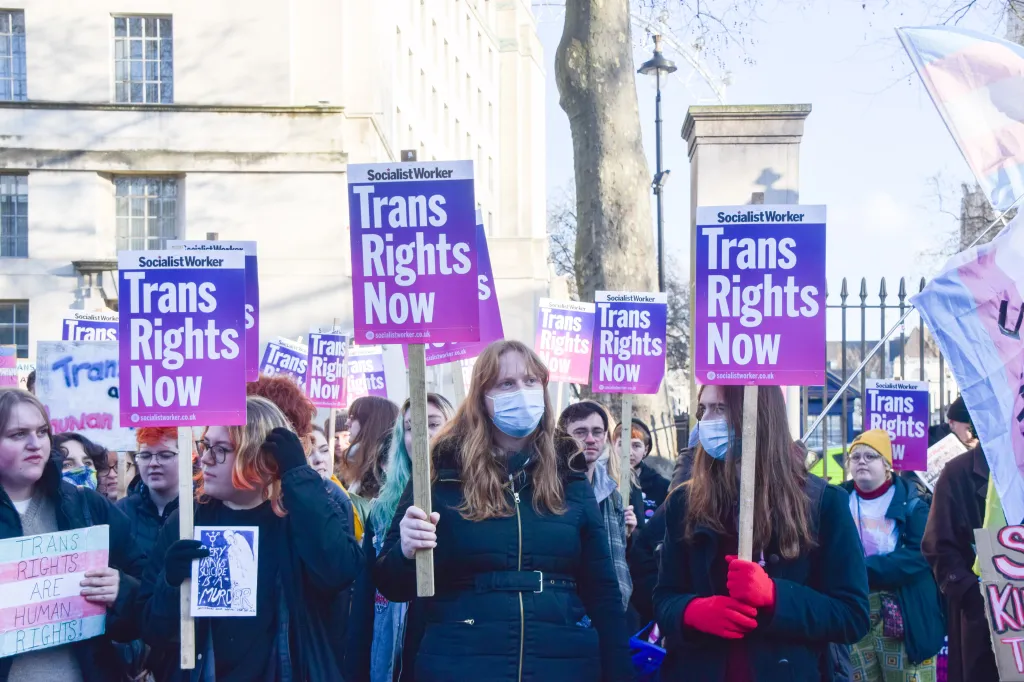EHRC: Equalities watchdog ignored trans rights concerns over ‘biological sex’ advice

Chairwoman of the Equality and Human Rights Commission (EHRC),Baroness Kishwer Falkner. (Parliament)
A recent letter from The Equality and Human Rights Commission (EHRC), advising on possible changes in the definition of “sex” under the UK’s Equality Act, was published despite internal concerns it would “diminish trans people’s rights”.
Minutes from an extraordinary meeting of the Scotland Committee of the EHRC, held on 28 February, has revealed internal discussions in regards to advice sought by women and equalities minister Kemi Badenoch.
On 21 February, Badenoch reached out to the EHRC – the UK’s human rights watchdog – to request assistance “clarifying the definition of sex for the effective operation of the Equality Act 2010”.
Two months later, the EHRC published a response to Badenoch’s letter, with its stance advocating for the definition of sex to be changed to mean ‘biological sex’.
As the letter is advice, it does not change the current operation of the Equality Act nor alter the definition of sex as it stands. However, the government may choose to pursue changes to the law based on such advice.
At the time, the equalities watchdog noted there “is no straightforward balance” in the matter but the response outlined the organisation’s belief a biological definition would “bring greater legal clarity” in eight specific areas.

However, minutes from the meeting show the Scotland committee did not agree with amending the definition of sex under the Equality Act to mean “biological sex”.
Members noted there was a difference of opinions across the committee but overall agreed “their preferred option would be to maintain the status quo” as they “do not consider sufficient evidence has been presented to justify amending the definition of legal sex in the EqA 2010 to biological sex at this time”.
Issuing advice from the meeting, the committee stated changing the definition of sex posed a “reputational” risk to the EHRC as “it undermines the Commission’s long held position” on trans rights.
“There is a concern that changing the definition of sex could diminish trans people’s rights,” the minutes outline
Continuing: “Legal colleagues advised that, if the proposed change were implemented, obtaining a Gender Recognition Certificate would no longer change a person’s sex in discrimination law.
“The Committee considered the Commission should be advancing the rights of minorities and not potentially diminishing rights for some groups”.
Further to this, the EHRC “there is no scientific consensus on what biological sex means” and thus any intervention would be “problematic”, especially concerning people who are intersex.

When the EHRC’s response was published, LGBTQ+ activists were horrified.
Helen Belcher, chair of TransActual, said the EHRC letter seemed to be indicate the watchdog is “keen to assist in the redefinition” of the word “woman”.
She explained woman, and the category of women, had been “understood to include trans women for many, many years” and such a move is “driven by political desire and manufactured fear more than any systematic evidence”.
She continued: “By insinuating in its previous advice that organisations should exclude trans people from single-sex services and spaces, and now proposing that parliament actively considers effectively removing trans people from sex-based protections under the Equality Act, the EHRC continues demonstrating its inability to fight for human rights for everybody.
“Trans people no longer seem to be people in their eyes. Our pains and struggles are seemingly irrelevant.”
Cleo Madeleine, communications officer for Gendered Intelligence, described the letter to PinkNews as “alarming” and “gutting”.
However, she pointed out that the letter is just advice and nothing has legally changed.
She said: “The key thing to take away from it now is that our rights and protections are the same as they were yesterday.
“This doesn’t change any of that, and I think it’s really important to bear that in mind because a lot of the damage that’s done by this non-statutory guidance is in terms of the impact on the community, the fear that it causes, the misunderstanding and misinformation that it causes.”
How did this story make you feel?

